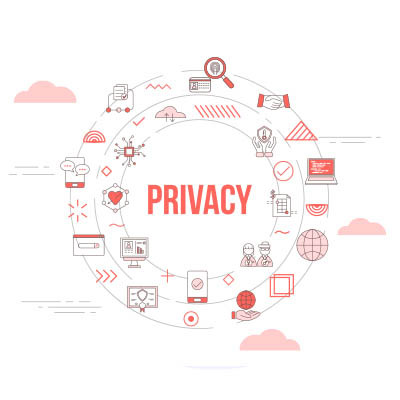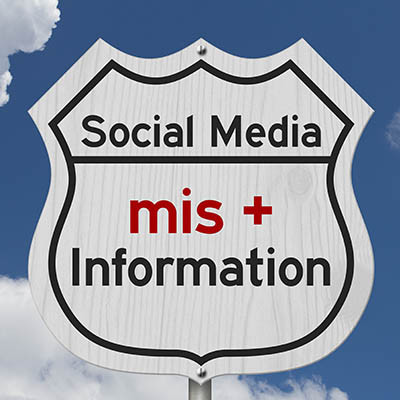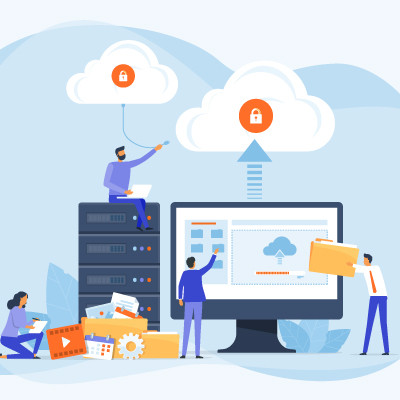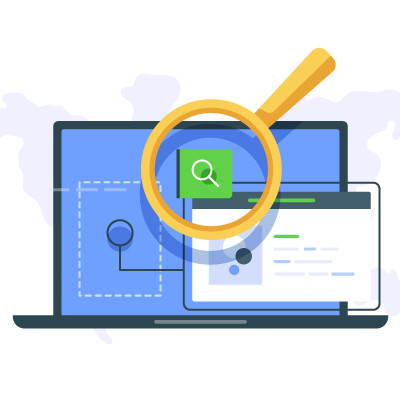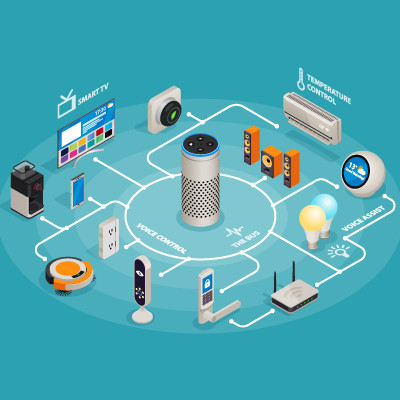Cloud computing has allowed businesses to scale unlike any time before, all without breaking the budget. One such cloud provider is Amazon, and its Amazon Web Services platform allows businesses to manage their cloud computing needs. Today, we’re exploring some of the ways that AWS aids businesses with varied cloud computing needs.
BlackCSI Blog
Sometimes, companies don’t take the privacy of their services as seriously as they should, as evidenced by Meta, the parent company of Facebook, WhatsApp, and Instagram. Despite their popularity, these services have had several security and privacy issues over the years. Today, we want to look at some of these services' most notable privacy and security breaches.
You can take numerous steps to secure your social media accounts and tighten your privacy settings. Yet, every time you log in, you’re still exposing yourself to a vast stream of information and content. Our civilization has never encountered anything like this before. These platforms are designed to curate content you want to see, encouraging you to stay longer and return frequently. This design, meant to be enticing and addictive, poses dangers, especially to certain individuals.
Numerous workplace trends have emerged in the past few years, many of which employers are not fond of. “Quiet quitting” is an example of such a trend, where workers will do the bare minimum—nothing more—to retain their employment. More recently, the trend has been to “act your wage.”
Let’s look at what this means and how to handle it if you ever encounter it in your business.
Email is a centralizing communication tool for most businesses, but what would you do if we asked if your email system was encrypted? Could you give us an honest answer? Encryption is a powerful security measure for networks and infrastructure, so it makes sense to use it for your email solution, too. Here’s what you need to know about encryption and email.
With social media becoming a major part of how society communicates, there’s no better time to discuss how to stay safe while you’re using these significant mediums. Whether you enjoy social media or are against it, there’s no denying that you need to take responsibility to use it. This includes prioritizing your own security.
Passwords have long been a cornerstone of online account security, paired with usernames to form the basis of most login systems. Consequently, they are prime targets for hackers seeking to steal credentials and gain unauthorized access to accounts or networks. The inherent weaknesses of poor passwords have become more apparent in recent years, however. This has prompted the growing adoption of additional security measures available to users.
Microsoft OneNote has established itself as one of the most useful note-taking apps on the market. You might already be familiar with the sticky note, those little post-it notes you stick on your monitor to remember something. Today, we want to show you how you can use “sticky notes” in Microsoft OneNote.
Your business depends on technology, but it’s rare that all employees at an organization understand the importance of it. More often than not, technology is so ingrained into operations that employees can get overwhelmed by it. Today, we want to share three top tips that will help your employees better understand the technology they use on a day-to-day basis.
Billions of people who find themselves on the Internet depend on the use of Google Search to find what they are looking for. What actually happens when you click on the “search,” though? Today, we want to discuss how the search engine works so you can get a better idea of what goes on behind the scenes.
AI has infiltrated the zeitgeist in a way that few technologies have. It’s rare to hear about anyone who has no opinion on how it should or should not be used. Businesses, however, can take full advantage of the situation and capitalize on the use of AI in operations and products. Today, we want to explore the opportunity businesses have to use AI to add value to their offerings.
Businesses everywhere are adding smart devices to their IT, and for good reason. They offer convenience and efficiency but can pose a significant network security risk. These devices, part of the Internet of Things (IoT), often lack robust security features. This makes them an attractive target for cybercriminals.


